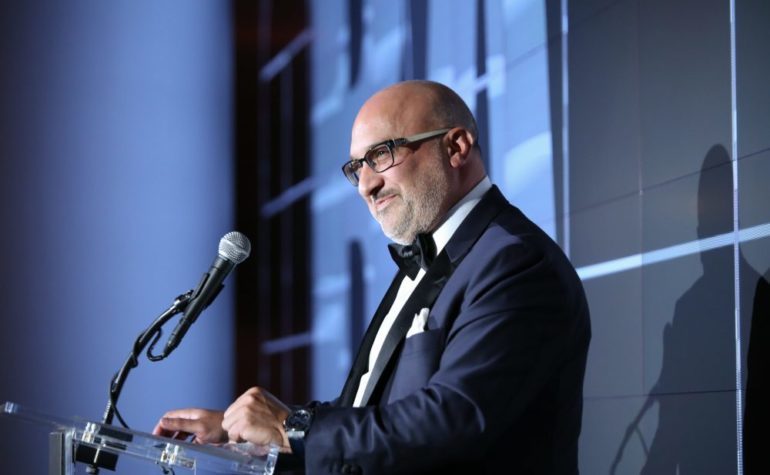LionTree’s Aryeh Bourkoff on Stock Market’s ‘Healthy Correction’ and What to Watch for in 2019
By Cynthia Littleton
LOS ANGELES (Variety.com) – The stock market’s steady decline during the past few weeks has nerves on edge about the onset of a bear market and possible economic downturn to come. Aryeh Bourkoff, head of media-centric investment bank LionTree, sees the recent swings in key indices as a “healthy correction” and emphasizes that business fundamentals across corporate America remain strong.
Bourkoff — a key advisor to such media giants as John Malone’s Liberty Media empire, Verizon, Viacom and Snap — sees a renewed focus on business fundamentals rather than on sexy growth stories.
“While we are in the late-stages of a nearly decade-long market cycle, investors may be overestimating the downside of the near future,” Bourkoff wrote this week in his annual year-end letter to employees and clients. The Dow is down 7% for the year and dropped another 464 points on Thursday. It’s logged steady declines since Dec. 13.
“I believe that the recent upheaval we have seen in the stock market is a healthy correction, borne of an ongoing investor perspective shift towards a more grounded, fundamental approach to valuation, risk, and returns where factors like profitability, free cash flow generation, and visibility are re-emphasized over a hopeful and momentum-driven valuation mentality,” Bourkoff writes. “This process of getting back to basics could see shareholders converging again on the relationship between earnings yield and bond rates, and risk premiums instead of looking to revenue multiples or relative valuations. Investors – in both the public and private markets – should be asking themselves, “Is the foundation this company rests on solid?” and we would embrace a greater focus on intrinsic value over compelling ‘stories,’ with a few exceptions.”
At the same time Bourkoff notes that rising corporate debt loads could put something of a curb on growth and M&A speculation. “There are some worrisome signs in the debt markets that could signal or precipitate a slowdown,” he writes. “H
igher interest rates will increase corporate burden and pressure returns, which is potentially a big risk to the current bull market in M&A.”
As for trends to watch in 2019, Bourkoff said he’s focused on, among other things, the growing battle among media giants to launch global streaming platforms, the rollout of 5G as an alternative to cable broadband for telcos AT&T and Verizon, and the pressure on digital giants from regulators around the world on privacy issues, amid the spate of scandals involving Facebook and others. He indicates that the scrutiny of operations and profitability will increase on the FAANG superstars, some of which have had a rough year on the market.
“If 2018 was a year characterized by media industry consolidation to meet the challenges posed by technology and to take advantage of scale efficiencies, we expect this to continue during 2019 with an added focus on execution and digestion (and even in some cases de-consolidation) of these deals,” Bourkoff writes. “The new media models born of this transformation must effectively operationalize and demonstrate their capacity to deliver value or risk potential future deconstruction.”

